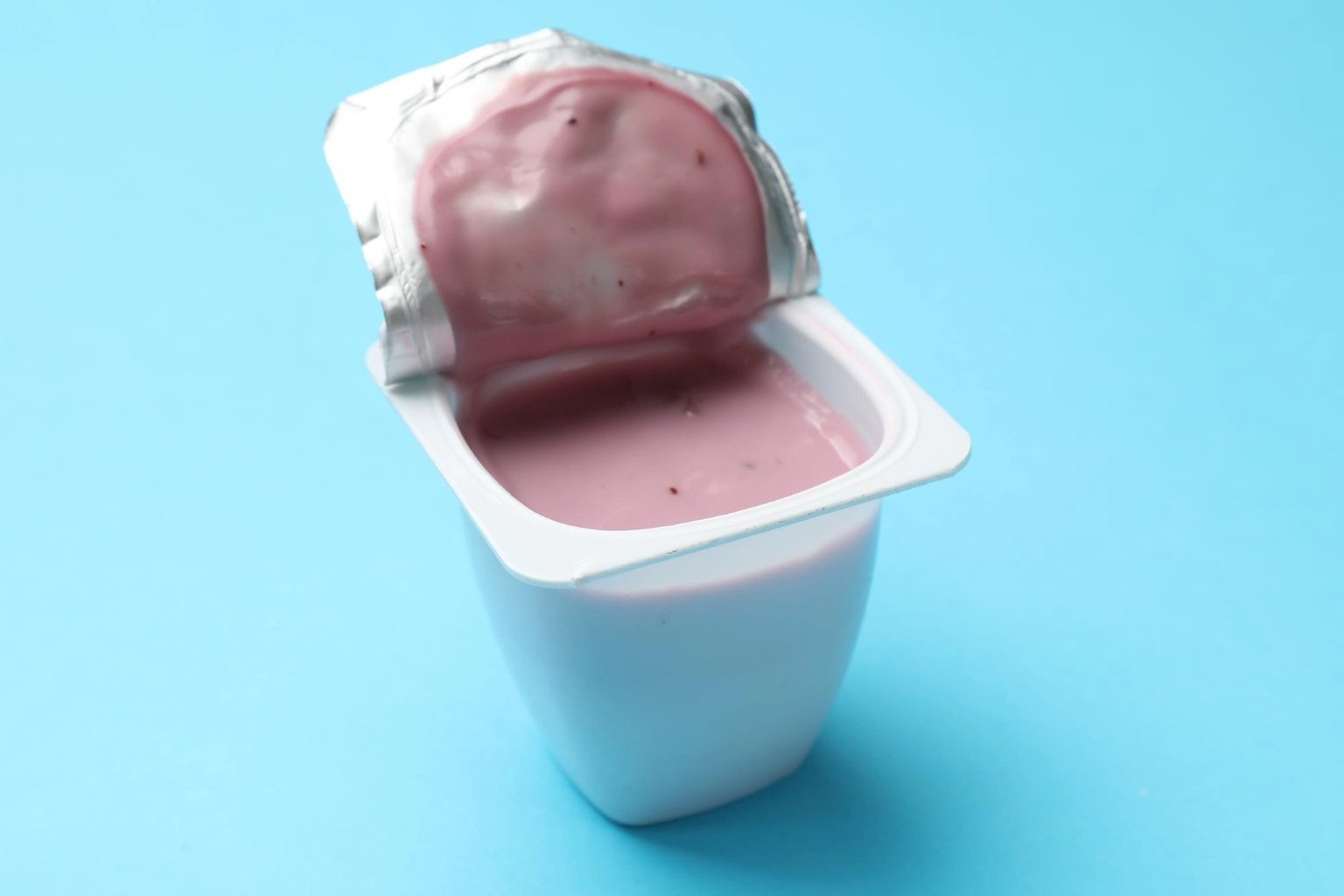Many of us automatically lick the lid after opening a yogurt cup, but have you ever paused to wonder if this seemingly innocent habit might carry hidden health risks? A surprising number of people can’t resist savoring every last drop of cream on their yogurt lids. But is it truly safe to do so, or could this common reflex be doing more harm than good?
Let’s dive into what experts say about this quirky behavior and uncover the facts behind licking that aluminum or plastic foil.
How licking the yogurt lid became a common habit
It’s a familiar scene: you peel back the foil or plastic cover on your yogurt, revealing the creamy goodness inside. Then you instinctively run your tongue around the edges, scooping up every bit of leftover cream. According to a Swiss survey, 62% of people admit to licking their yogurt lids, with only 13% avoiding the practice entirely.
This automatic action makes perfect sense—no one wants to waste a spoonful of deliciousness! But before you grab that lid next time, it’s worth considering what you might actually be ingesting beyond the sweet yogurt.
What experts say about licking aluminum and plastic lids
Yogurt lids—usually made from aluminum foil or plastic—are manufactured according to strict European standards, including Regulation (EU) No. 10/2011. This regulation limits the migration of substances from packaging materials to food, ensuring safety for consumers. Because the lid only contacts your tongue briefly, experts consider the exposure to any potentially harmful materials extremely low compared to foods that stay in contact with packaging for longer periods.
Steffi Schluechter, a nutritionist from the Swiss Nutrition Association, told 20 Minutes Suisse in 2022 that “the majority of aluminum we consume is expelled through the kidneys,” and normal dietary exposure has not been linked to harmful effects. Similarly, ANSES, the French Agency for Food, Environmental and Occupational Health & Safety, points out that neurological or bone problems appear only from chronic, high-level exposure—not from casual licking of yogurt lids.
Hidden risks beyond aluminum exposure
While aluminum itself might not be a major threat in this context, other less obvious risks deserve attention. For example, the glue used to seal yogurt lids can transfer tiny amounts of adhesive residues to your tongue during licking. Though typically minimal, these chemical additives and certain foil coatings could be best avoided, especially if you’re prone to allergies or sensitive to additives.
There’s also a mechanical risk to consider: the foil covering is thin and sometimes sharp. If you lick hastily or without care, you could accidentally nick your tongue. That quick cut might only be a minor annoyance, but it’s an unexpected downside to this otherwise innocent snack-time ritual. On occasion, I’ve caught myself wincing from a small scrape, which served as a reminder that even small habits require a touch of mindfulness.
Should you stop licking your yogurt lid
Given the information, licking your yogurt lid once in a while likely won’t cause serious harm. The aluminum exposure during that brief contact is minimal, and health authorities deem it safe under normal circumstances. However, the small chance of ingesting glue residues or additives and the mechanical risk of tongue injuries suggest it might be wise to exercise some caution.
If you’re the type who loves making sure no yogurt is wasted, consider using a spoon to scoop the creamy edges, rather than licking directly from the foil. This simple change can reduce your exposure to unwanted substances while still allowing you to enjoy every bit of your snack.
Have you ever discovered a surprising food habit that unsettled you when you learned the facts? I recently had a chat with my family about this yogurt lid licking behavior, sparking an entertaining debate—and a new habit of double-checking those lids before enjoying them.
What do you think? Is licking yogurt lids a harmless indulgence or a practice to ditch? Share your thoughts and stories in the comments below. Maybe together we can uncover more everyday habits worth rethinking.
